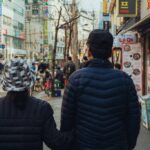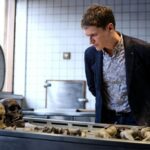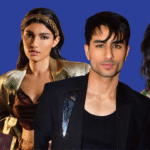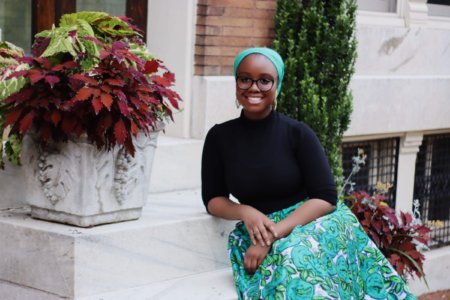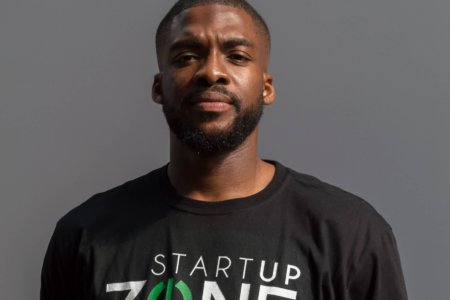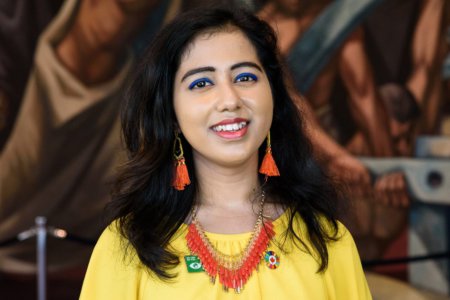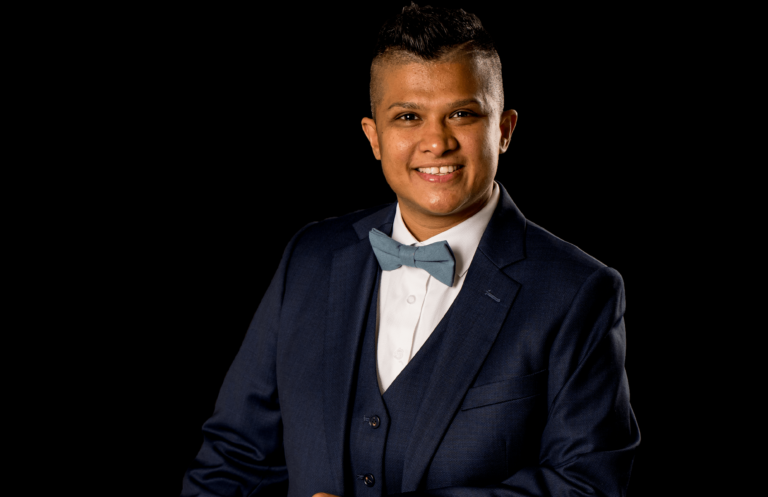
Nerissa Trindade is a motivational speaker, bestselling author, change and transformation leader at Australian bank as well as a mental health and inclusion advocate. After completing her undergraduate studies in Calcutta, India, she moved to Mumbai in 2003 — known as Bombay back in 1995 — to work. Yearning for more job opportunities and watching all her friends leave to study abroad, she decided to do the same.
It was a turning point for Trindade. Coming from a country where speaking about mental health was pretty taboo, Trindade always felt singled out for being different from others in school. When she got to know different cultures and perspectives in Australia, she gained newfound courage. She came out as gay and vowed to help others face their fears as she once did.
Fast forward 17 years later, Trindade is now an Australian citizen with a fulfilling career and a long-term partner. Below we speak to her about her inspiring story:
Tell us about your career as a motivational speaker, transformational leader, and mental health and inclusion advocate. Where did it all come from?
What I did in uni to what I’m doing now — it all correlates. Back at the University Technology Sydney, I studied media arts and production and event management. I never imagined I would end up in financial services within the change management sector. Life has taught me to always say yes to opportunities because you never know what is around the corner and what will come out of a conversation or interaction.
Being an international student, I had to make ends meet. This meant working in call centres doing telemarketing, sales and retail. Soon after, I then landed a job in a call centre at Westpac Bank. From there, I moved into training, then Change Management and worked my way up to Change Lead.
With speaking, I never thought I could do it for a very long time because I was really shy and introverted — I probably wouldn’t have been able to have this conversation with you now. I couldn’t even turn a camera on and look at my own face and I never wanted my voice to be heard. This was until I discovered my true self, and since coming out, things changed a lot for me. I was able to believe in myself, and this is how the public speaking started.
I invested a lot through doing courses, getting coaches and mentors because I really wanted to improve. When COVID-19 started, I began a Youtube channel to share things I’ve learned so I can help motivate people. I got great feedback from that, so it just naturally evolved from there into something I do professionally now.
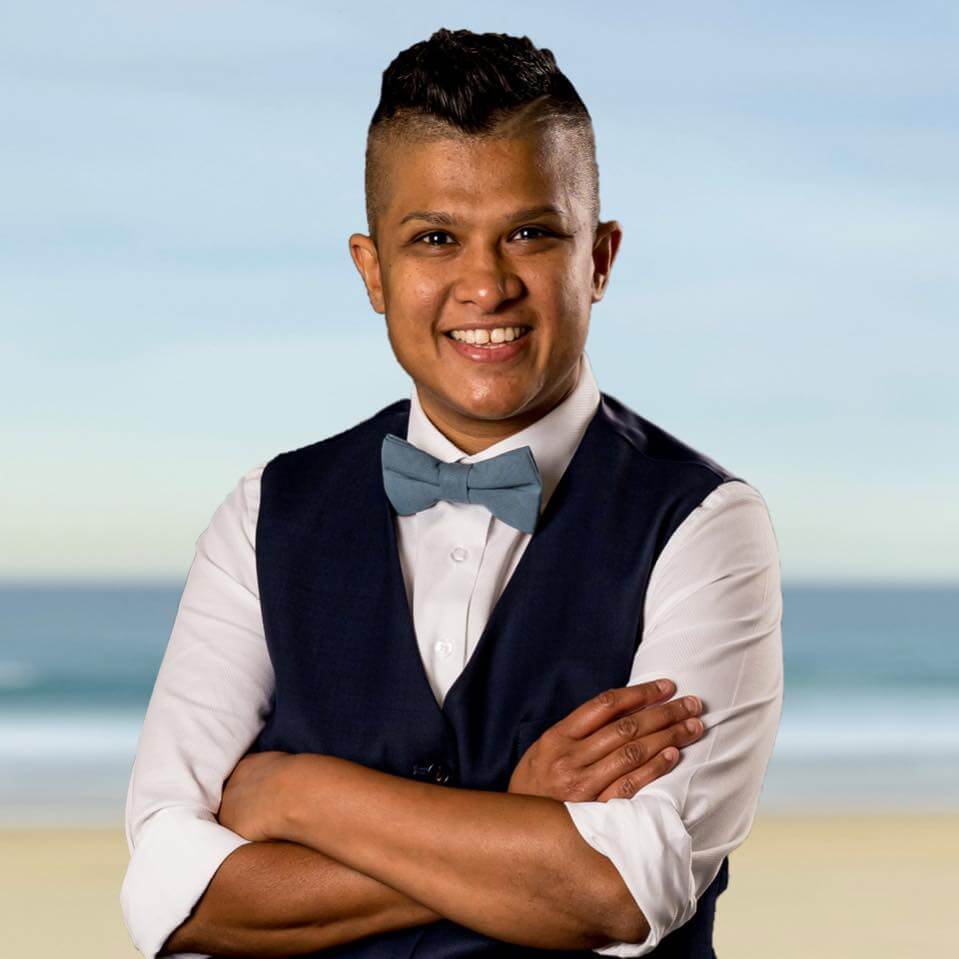
Coming to Australia was a turning point for Trindade and gave her the courage to speak out and help others face their struggles. Source: Nerissaa Trindade
Mental health is another important subject in any industry. More so now, because a few years ago it wasn’t really spoken about, even culturally. Coming from India, the concept of mental health didn’t exist. So it’s only now, that conversations are changing to be more inclusive of that stigma. It’s very important to have these conversations, catch things early, and be able to vocalise them by sharing.
Tell us about your book “Growing Through: How Coming Out Transformed My Life”.
My book, in essence, is my story of a very raw and personal experience of what it was like growing up in India. I talk about my life as a kid, taking you back from when I was three years old and growing up. Back then, there was no one who spoke about homosexuality or being gay. It was just taboo and seen as a sin. I talk about that narrative and how it impacted my life. In India, I completely shut down, lost my confidence and my sense of self-identity.
I write about my entire life and the journey of moving to Australia. I talk about what it was like being an international student and the intersectionality around that. I also talk about being a migrant, trying to understand how I fit into all of that along with being a woman in India versus being a woman in Australia. From there, I write about finding my space to be able to be comfortable enough to get to a point to understand my sexuality.
The journey to actually come to terms with my sexuality and being comfortable enough to identify as being gay is something I share in the book too. It’s about the journey of sharing my identity with other people — what it was like telling my family and friends. After that, I met my partner.
Life has completely transformed for me, my career has taken off, and as a person, I feel so much more at ease. This book is basically my entire transformation, from the before, to the growing, and to where I am now — continuously growing.
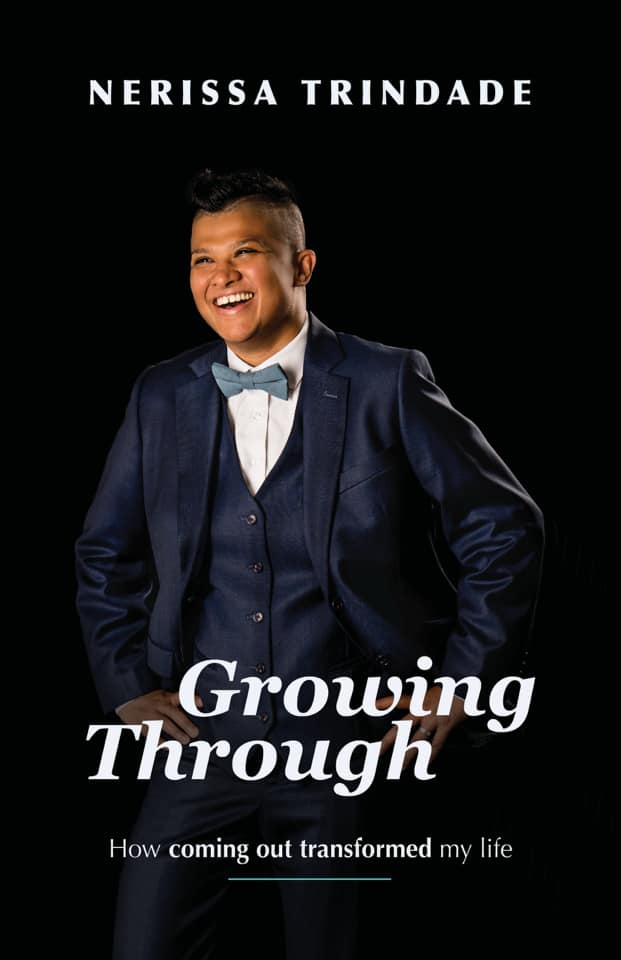
In her new book “Growing Through,” Trindade shares her life story and all the challenges she faced that have helped her become who she is today. Source: Nerissa Trindade Facebook
What are some of the challenges you faced as a migrant and gay person in Australia?
I think I’ve faced more challenges in India than in Australia. Being born in India into an Anglo-Indian community was considered a minority. From a very early age, I grew up with the feeling that I was different, even without layering on top my sexuality or being a female. There were little things, like how in India they could never pronounce my name properly or even tried to no matter how many times I corrected them.
Coming to Australia was eye-opening, it was exciting and scary at the same time. It was also one of the hardest things I’ve had to do, being away from home on my own. But the fact that it showed me new possibilities and opportunities I wouldn’t have had back home, was stimulating.
In India, there was so much stigma associated with being gay, so when I came out, I didn’t know a single person who’d done what I had. Of course, I am sure numerous people had come out by then, but it wasn’t publicly spoken about and there was nothing to read up on it.
After a long period of self-discovery, I was able to get to the point to acknowledge. The first person I told was my sister, who was very accepting and that led to me being confident enough to tell the next person. After that, it got better each time. I’m grateful because if that didn’t happen, my journey would have been quite different.
Since coming out, I’ve been lucky enough to work in organisations that have been super supporting. I haven’t faced anything challenging personally, but I know this isn’t the case for a lot of people.
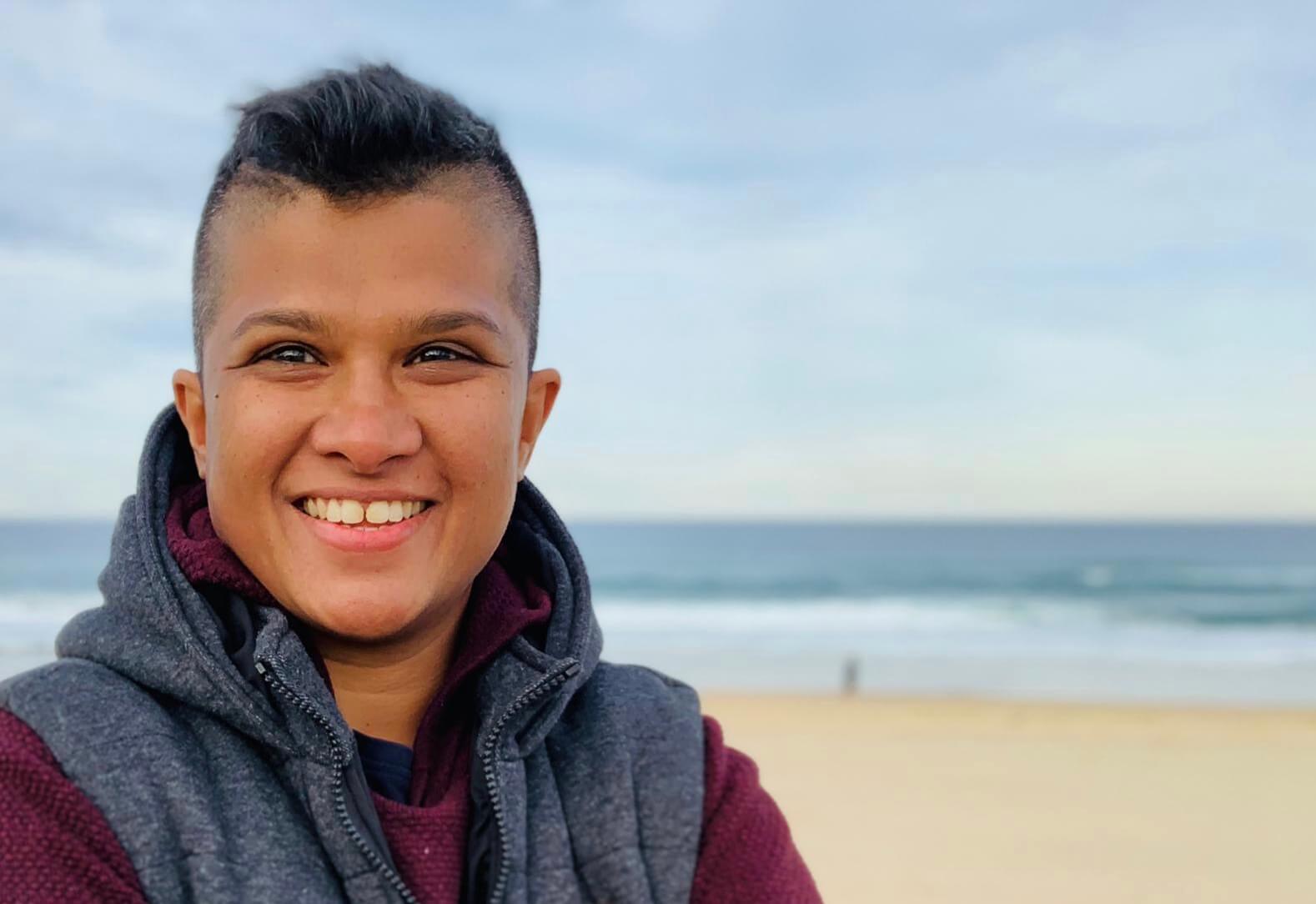
Coming to Australia on a self-discovery journey 17 years ago, Trindade has since never looked back. Source: Nerissa Trindade
Do you think your international education helps you in your current job roles?
During uni, I thought I would end up working in media or television only, but I do feel that there were so many transferable skills that apply elsewhere too. For instance, what I studied about communication and networking is something I use a lot to this day.
However, more than the actual skills I learned, the knowledge from uni helped broaden my perspective. Coming from a foreign country, my view was quite narrow because I only ever interacted with Indian people. This is why travelling and understanding different cultures and places are essential. Having a broad and expanded view of the world — through different people’s narratives, stories, cultures, and ways of thinking — is important. Uni, for me, was a gateway for that.
What are some skills you wish you had learned more during uni?
I wish I had learned more about editing. Given the work I do today with speaking and so forth, video editing would have come more in handy to me now. But there is always time to learn!
Do you have any words of advice for anyone who wants to take the next big step in their lives?
I would tell you to believe in yourself and know that you are loved and supported just the way you are. Believe it! Sometimes it can be very hard, especially when the narrative around you is telling you something different. Know that there are other people around you that have been through this, and even though it might seem hard, it does get better. It’s important to feel safe.
What advice do you have for students who are planning to study abroad?
I say go for it! I think at the moment with the pandemic, it means everything is up in the air with travelling for international students, like funding and so on. Once this has all passed, I would absolutely recommend to take the jump and go abroad. Wherever it is you decide to go, take the opportunity, and explore the world.




